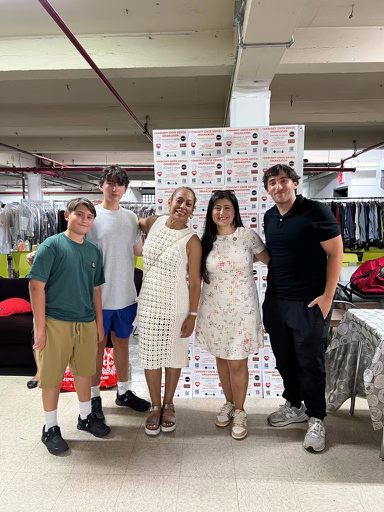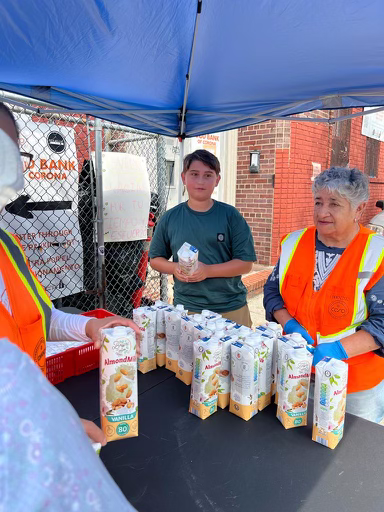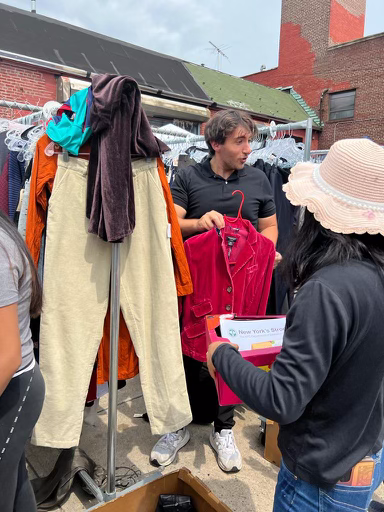Sustainability in Action at Broadway Stages
/Broadway Stages has been in film and television production studio business for forty years. In those four decades we have maintained our focus on meeting the demands of the industry and giving back to your community. Part of that commitment is our investments in environmentally sustainable initiatives, including being an early adopter of the green roof movement.
Broadway Stages boasts over 100,000 sq. ft. of green rooftop infrastructure across its studios in Brooklyn. Together with our environmental and arts partners — Alive Structures, Growing Chefs, Newtown Creek Alliance, and NOoSPHERE Arts — Broadway Stages has established a green corridor providing ecosystem and cultural services critical to the habitat.
“Our investments are intended not only to meet the growing needs of the film and television industry, but also to nurture the equitable prosperity of our community — economically, socially, and environmentally — well into the future,” said Gina Argento, President and CEO of Broadway Stages.
Broadway Stages demonstrates its commitment to environmental sustainability through actionable support of initiatives that provide equitable access to engage in, learn from, and enjoy the local environment. Such investments include:
● Eagle Street Rooftop Farm, New York City’s first-ever fully operational organic rooftop farm managed by Growing Chefs: A 6,000 square-foot green roof organic vegetable farm located atop a warehouse rooftop owned by Broadway Stages in Greenpoint, Brooklyn
● Solar panels that generate 1.2 million kilowatts of energy annually: 50,000 square feet of solar electric facilities on five of our soundstage buildings throughout Brooklyn.
● The acclaimed Kingsland Wildflowers Green Roof and Community Engagement Center: A 24,000-square-foot green roof habitat for native birds and pollinators that is managed by Newtown Creek Alliance that is based at no-cost at our Kingsland Wildflowers facility.
● Green Corridor: 30,000 + square-feet of green rooftops across our facilities in Brooklyn.
● Construction of a facility for the North Brooklyn Community Boathouse: A community-based, non-profit organization dedicated to enabling safe, responsible, human-powered boating and educating residents to be stewards of the waterways of Greenpoint and Williamsburg, Brooklyn
Through green infrastructure investments, Broadway Stages is helping to enhance client and community awareness and understanding of the long-term contribution that sustainable business practices make to the health and well-being of our community.





































